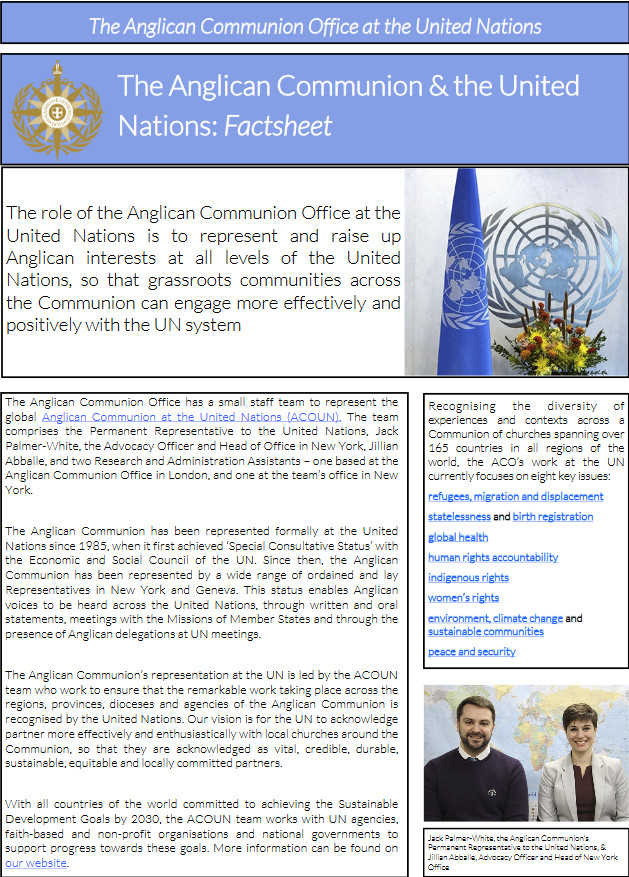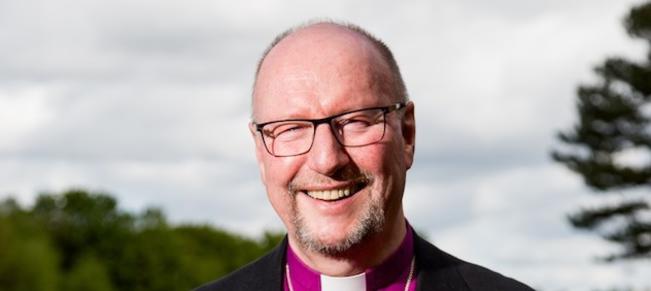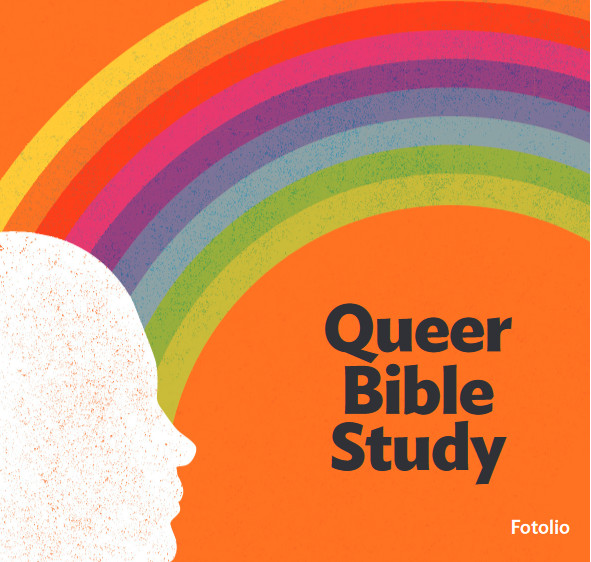A song I wrote for Lent, recorded at our Sunday service today:
What Love is this
To come from glory to this world of sin and suffering;
To die upon the cross of shame, to give your life for me:
Oh what love is this whose power can hold the planets in their course.
Oh what love is this that’s strong enough to break upon the cross.
What love is this, oh what love.
To live a life of sacrifice, a King without your crown;
To be punished by the world that through your word was born:
Oh what love is this whose agony will put an end to pain.
Oh what love is this whose blood pours out in suffering for our gain.
What love is this, oh what love.
To know the end before your birth, still you chose to come;
Divinity to live as man: the Father’s only Son.
Oh what love is this that’s overcome the tyranny of sin.
Oh what love is this that broke death’s bonds to free you the third day.
What love is this, oh what love.




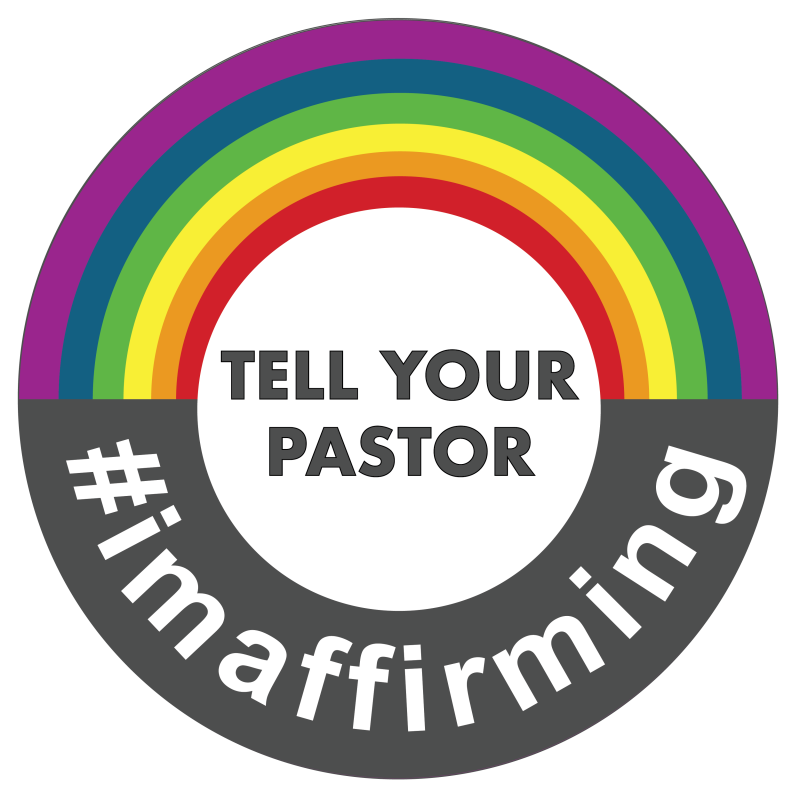
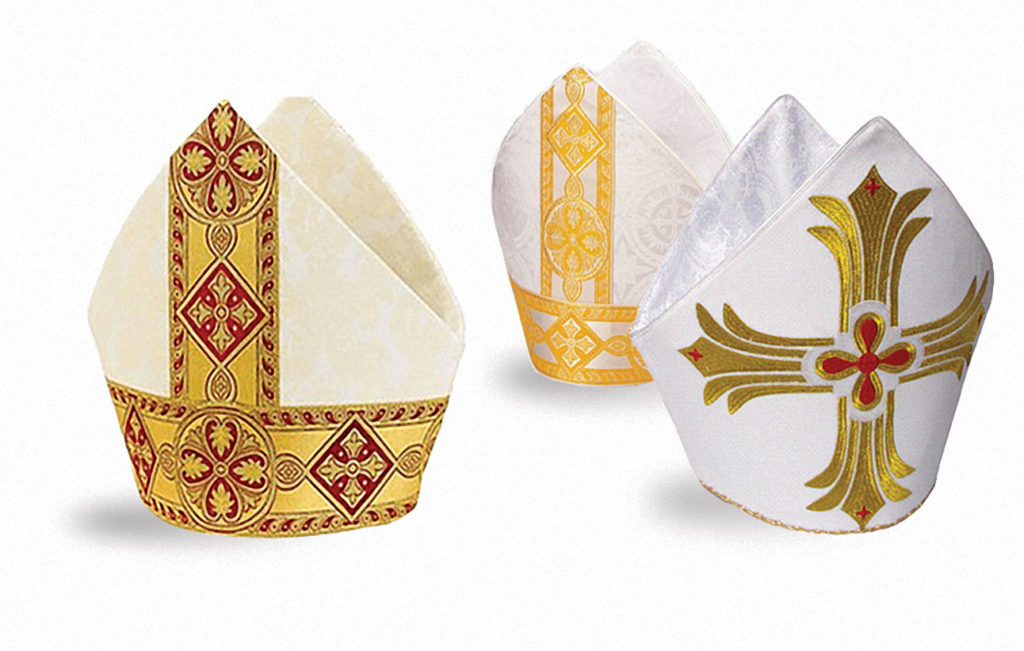 “The National House of Bishops has worked very hard since General Synod 2016—not only on the issues from General Synod 2016 and the ministry of the whole church, but on how we work and live together,” said Archbishop Fred Hiltz, primate of the Anglican Church of Canada. “We left this January meeting having wrestled with how we are the church and how we will remain united in Christ whatever the outcomes at General Synod 2019.”
“The National House of Bishops has worked very hard since General Synod 2016—not only on the issues from General Synod 2016 and the ministry of the whole church, but on how we work and live together,” said Archbishop Fred Hiltz, primate of the Anglican Church of Canada. “We left this January meeting having wrestled with how we are the church and how we will remain united in Christ whatever the outcomes at General Synod 2019.”
